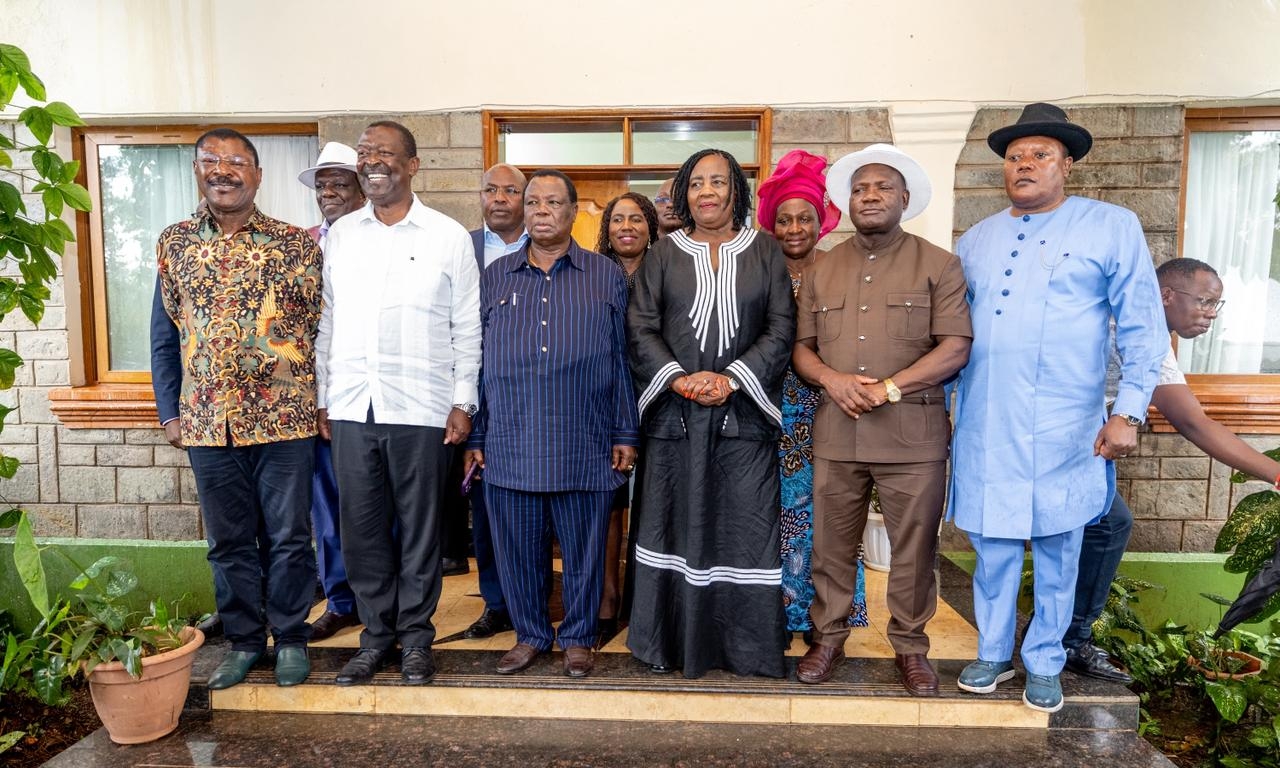The government has lowered the development of Real Estate Investment Trusts (D-REITs) threshold from Sh5m to Sh100,000 in a bid to woo more investors.
This comes in the wake of complaints over the high investment and transaction costs facing development of Real Estate Investment Trusts (REITs) in the country.
The government has expressed its commitment to fostering an environment conducive to sustainable real estate investment growth.
According to the State Department of Investment PS Abubakar Hassan, the challenges in the sector have hampered growth and investment opportunities.
He said that the challenges which included high outlay cost, complex transfer processes and lack of liquidity had restricted access to the asset class to large institutional investors.
“The government is keen to support the real estate sector and we have reduced the D-REITs threshold from Sh5m to Sh100,000,” he said.
He spoke during the REITs third annual general meeting in Naivasha.
Abubakar said the current urbanisation trend had ignited a growing demand for quality real estate assets.
This, according to him, had been sweetened by the government's emphasis on promoting affordable housing initiatives and a rising demand for houses.
He added that REITs had emerged as an exceptionally attractive option for mobilisation of domestic resources and international capital flows to support development in this space.
“The process of developing REIT structures is often burdened by lengthy processes and these time-consuming regulatory steps can deter both issuers and investors,” he warned.
On his part, NSE Chairman Kiprono Kittony said that global, regional and domestic economic environment exerted pressure on growth in the country.
He said that this had dealt a heavy blow to a majority of asset classes, impacting investors’ portfolios and outlook in a negative way.
“Research has affirmed the importance of REITs as a relatively low-risk, stable asset class that investors can leverage for building sustainable optimal portfolios,” he said.
The chairman of REITs Association of Kenya (RAK) Kennith Masika said that the Covid-19 pandemic and geopolitical tensions had affected the real estate sector.
He noted that the crisis had led to a downturn in property values, reduced occupancy rates, substantial declines in profits and a notable shift in investment preferences.
“These profound changes have reshaped the landscape of our industry, demanding strategic adaptability and resilience in the face of unprecedented obstacles,” he said.
Masika said that the association had embarked on sector programs with the aim of achieving Sh500 billion in REIT market capitalisation in three to five years.












